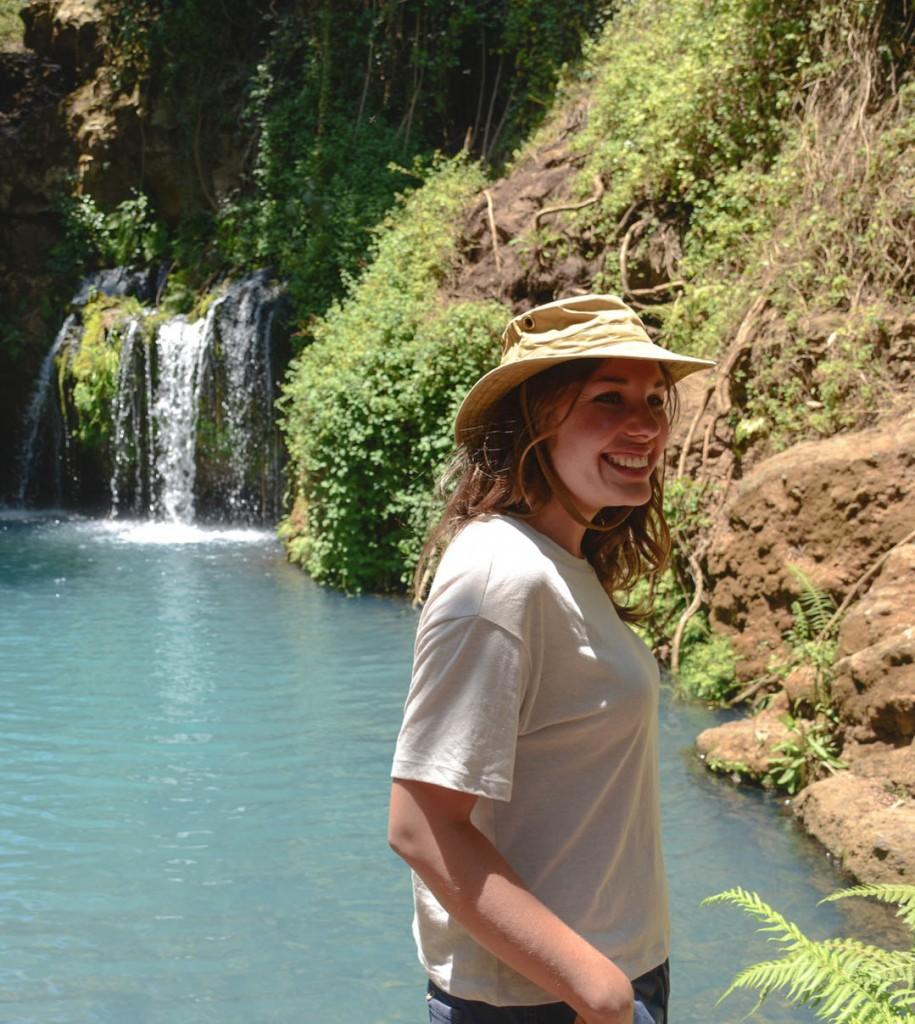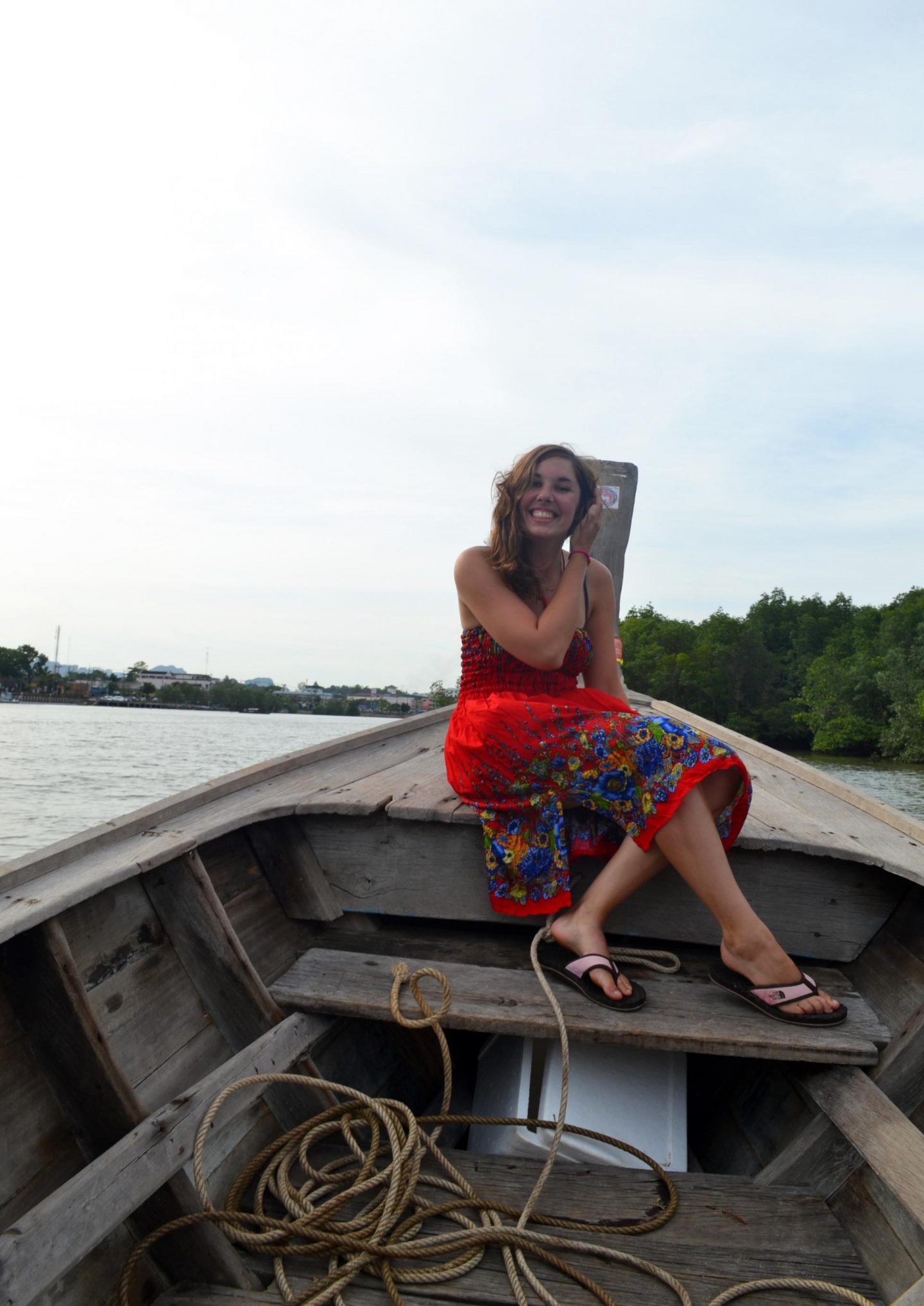
My top tips for solo travellers: how to stay safe and happy when travelling alone
Book your first hotel
I always book a safe, well-reviewed hotel for my first night in a new country, even if it means forking out some extra cash. When I touch down in a foreign land in the dark and the jetlag clouds my thinking, I’m always really glad I’ve got a nice base for my first night – after that, I get much more adventurous and happier to make up my journey as I go.
Make your travel plans carefully
I know from bitter experience that getting too casual about country-hopping can end up leaving you stranded in airports because you’re visa-less, and it’s much easier to forget to jump through every hopp when you’re travelling solo on a busy schedule. Check immigration and health requirements carefully and keep up to date with government travel advice.
When in doubt, take a taxi
I’m all for hopping on chicken buses or exploring exciting new cities on foot, and would encourage you to do so too, but if you’re ever in doubt, think you’re lost or are just feeling uncomfortable or unsafe, just take a taxi. Always carry taxi money and download ride hailing apps on your phone.
Find an organised trips for solo adventurers
A holiday that’s designed for solo adventurers can take you to wonderful
locations around the world – and help you make instant friends. You’ll be in good company, too -the common bond between everyone in your group is likely to be a love of adventure. Fancy some company? Try booking group travel tours from WeRoad – designed for intrepid types in their twenties to their forties, itineraries range from trekking in the Himalayas to exploring Bali and a road trip down the Amalfi coast.
Try a retreat
If you like the idea of escaping abroad alone for some much-needed headspace but don’t want to feel totally alone, pick a stay at a yoga retreat, surf camp or sports holiday – you’ll get to chill out and have as much me-time as you like, but there’ll always be others to grab a glass of wine with after a day in the shala or on the shore. Find my favourite yoga retreats around the world here.
Get creative
You’ve got far more time to get really introspective about your journey when you’re alone than when travelling with others. Harness your wanderlust and your creativity by packing a diary, film camera or a sketchbook and documenting your wanderings – they are all wonderful ways to come back with the story of your adventure saved forever. If you’re feeling bookish, here’s how literature can inspire your travels.

Head for hostels
Fancy meeting new people or finding like-minded travellers to explore a new destination with? Avoid fancy hotels – cheap and cheerful backpacking hostels are the place to stay to find a friendly vibe and like-minded solo travellers. Some hostrels can also help you book onto group adventure trips if you fancy some company for part of your travels.
Start small
There’s no point scaring yourself silly by jumping in at the deep end and hating every minute of an epic round-the-world backpacking trip. If you’ve never travelled on your own before, start by booking a weekend break in a city you’ve always wanted to explore. You’ll be way too busy packing food, sights and the bright lights into two or three days to feel lonely, and it’ll make you more confident for your next solo adventure.
Stay fit
Lots of sitting on buses and eating tasty new food can quickly make you feel unfit, but there are plenty of ways to work out on the go. Pack your running shoes and running clothes and you can go for a jog anywhere – running is a nice way to explore a new neighbourhood. Plan hikes if you’re staying in rural areas (you could always take a guide along if you’re unsure of where to go), and pack a swimsuit for pool and sea swims. Many towns popular with backpackers have yoga sessions on offer.
Be brave and take yourself for dinner
Finally, don’t hide away in your room armed with snacks in the evenings. Be brave and go for dinner with the best date around – yourself. Take a book or your diary if you feel like you need something to do, but you might just find that you really love relaxing with a beer and just being in your own company.
